Ed Woodham, Founder & Director, Katya Grokhovsky, Curator
AiOP 2018 BODY NYC team members answer questions about their involvement with Art in Odd Places:
Audra Lambert, Curatorial Manager
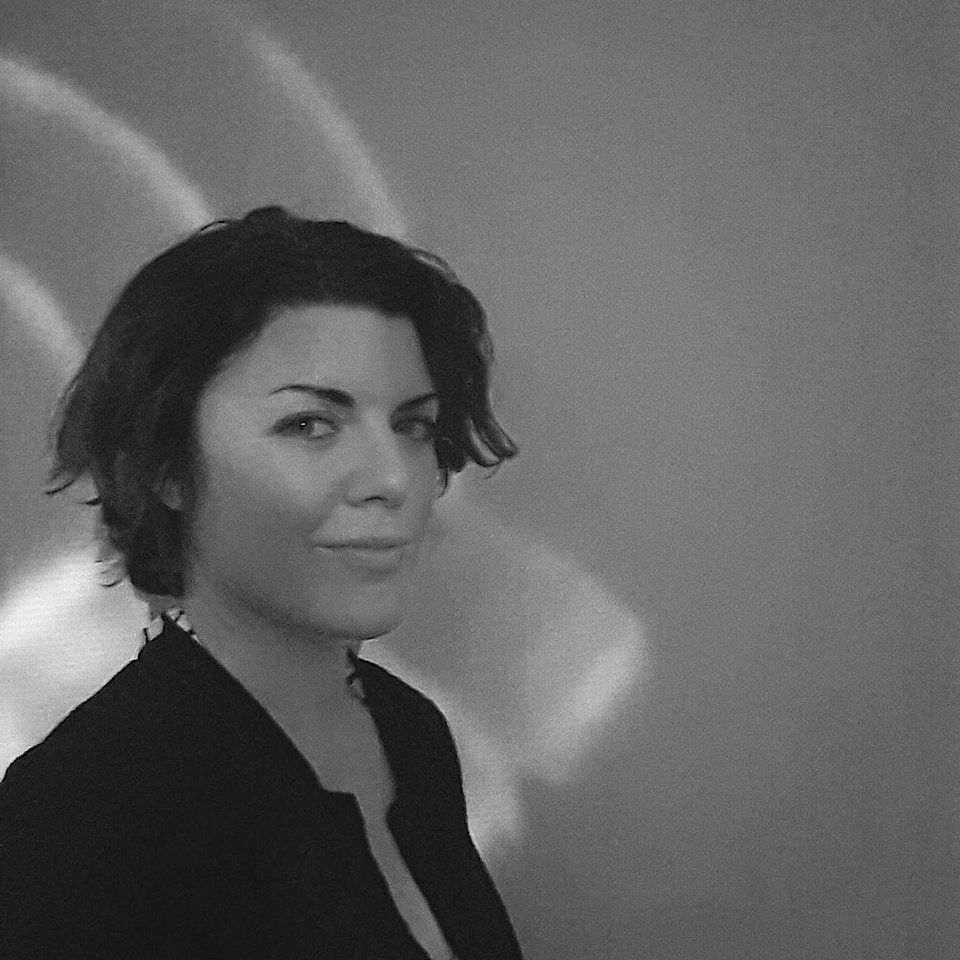
*Tell us about your background and why you were interested in this year’s AiOP?
As a public art curator focused on feminist art and experimental public practice, AiOP: BODY enticed me with its vision and focus on expanding the playing field in the contemporary art world. This year’s iteration includes marginalized artistic voices in the public realm, providing extra visibility through the expanded platform of the Westbeth gallery space. Through my MA, Art History studies at City College and spanning years back to my BA, Art History and Asian Studies at St Peters University, inclusivity and diversity has remained a key theme in sparking a conversation through my curatorial projects and engendering new perspectives on contemporary art for a diverse audience. Personally, I feel very lucky to have had strong female and gender non-conforming role models in my life, and want to continue to empower new artists from the margins to realize new public art performances, installations and happenings via this engaging, visible platform.
*What does the theme “BODY” mean to you?
Intersectional feminism is a topic that has finally put the art world on notice, but grassroots art projects have always generally espoused inclusivity. Community-supported projects demand that equal contribution from all parties involved, lending themselves toward an environment of equality. When all participants are required to contribute, there is little room for misogyny, prejudice or bigotry. This year’s AiOP: BODY, brings core values of intersectional feminism to the forefront, engaging artists of diverse backgrounds, orientations and artistic mediums. By placing non-gender confirming, trans, female and feminist-collective participating artists in a place of agency, the gaze is re-oriented to empower artists who have been sidelined for the greater portion of art history. Ed and Katya, this year’s leaders of AiOP: BODY, are leaders in their respective specialties, and working with them along with the rest of our stellar team has really inspired me to further push the boundaries of my own practice as a curator and cultural producer and to more thoroughly consider elements related to feminine, trans and non-gender conforming persons in approaching new projects.
Katie Hector, Curatorial Assistant
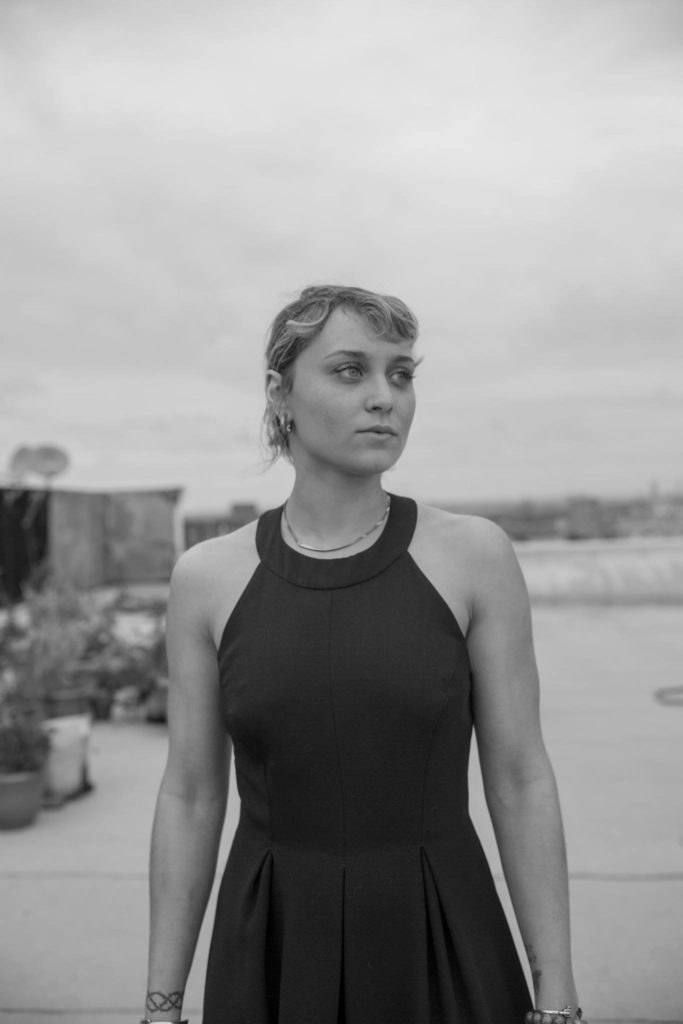
*Tell us about your background and why you were interested in this year’s AiOP?
I am an artist and independent curator living and working in New York City. Although my studio practice is firmly rooted in painting, as a curator I consistently gravitate towards the energy, immediacy, and agency of performance art. Working to facilitate this year’s Art In Odd Places: BODY falls directly in line with my personal history and mission: to create a platform for artists that rethinks the institutional “white cube” mode of presentation in order to engage more directly with the public.
*What does the theme “BODY” mean to you?
For me, “BODY” formally implies three things: movement, change, and form. These qualities operate at varying scales in relation to the medium of performance art. For example, movement can be as subtle as a breath or as sizable as a protest. The notion of change can include both a choreographed shifting of a body in space as well as a more existential inquiry into aging and the change of time. Similarly, form can encompass the specificity of an individual or conceptually allude to the limbless, formless, yet still impactful presence of a governing body. Performance art bears to mind all of these interpretations of body, whether it be the human body or a projection of things much larger.
Ximena Kilroe, Curatorial Assistant
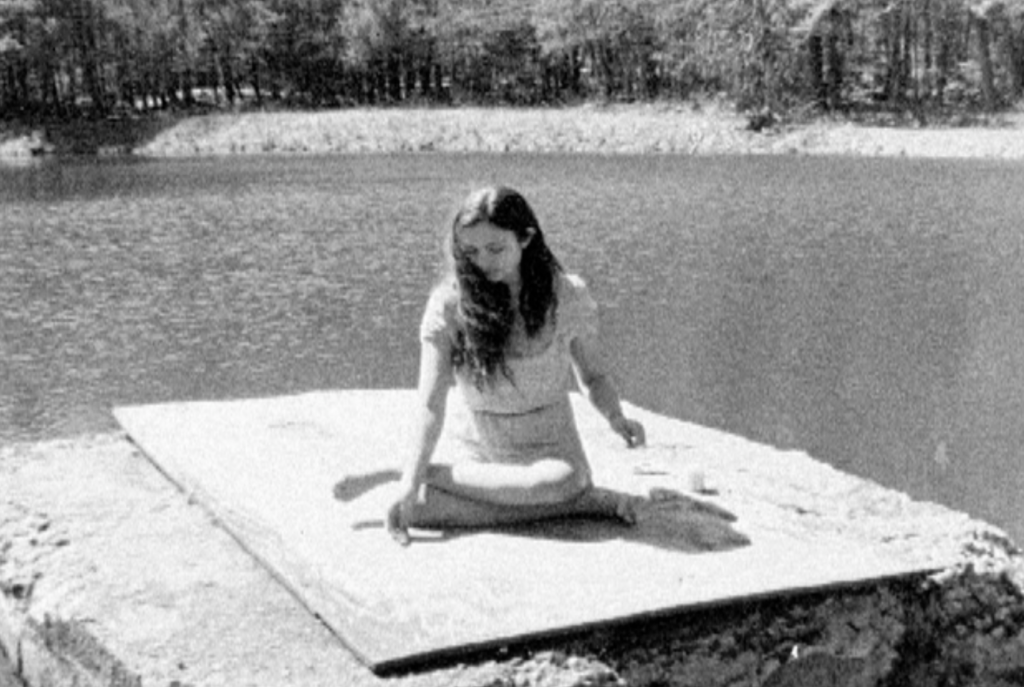
*Tell us about your background and why you were interested in this year’s AiOP?
I am an art historian that has worked primarily in museum and gallery spaces. I’ve known about Art in Odd Places for a couple of years, and it has always stood out to me as a democratizing festival that allows the broader public to engage with art outside of the “white cube.” Coupled with Katya’s mission to highlight women, female-identifying and non-binary artists for this year’s AiOP, I was thrilled to join the Art in Odd Places team.
*What does the theme “BODY” mean to you?
To me, this year’s AiOP theme speaks to the spectrums that the human body exists on and how the diversity of such bodies creates unique possibilities for engaging with and understanding one another. While “Body” is singular, the theme is broad enough that it can reference Body as a more abstract concept that allows for community building and the creation of various bodies in conversation.
Bridget Leslie, Press and Exhibition Coordinator
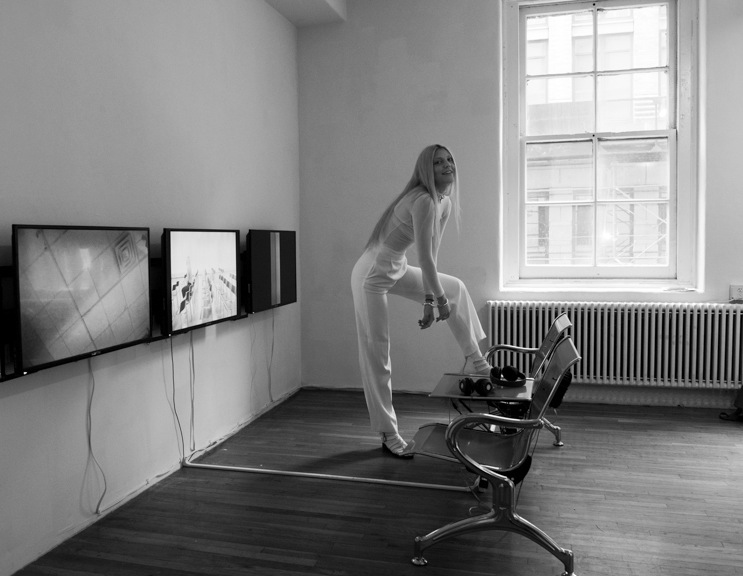
*Tell us about your background and why you were interested in this year’s AiOP?
I am an Australian installation, video, and sound artist living and working in NYC. I heard about AiOP through the grapevine and was really excited after I spoke with Katya and Ed about this years theme of “BODY”; it’s such a vast subject to unpack, and having it limited to women, and non-binary artists is just something we really, really, need at the moment. I was also really excited about working with Westbeth again and having the artists consider the public and gallery spaces.
*What does the theme “BODY” mean to you?
The theme body is so special to me. It’s been the centerpiece for my work which explores the way in which the physical body reacts to varying social languages of sites, and what that reaction says about our subjectivity when we engage with those sites. The body within space and the way multiple bodies relate to each other tells you so much about the current state of society.
Alexandra Sullivan, Website Designer/Volunteer Coordinator
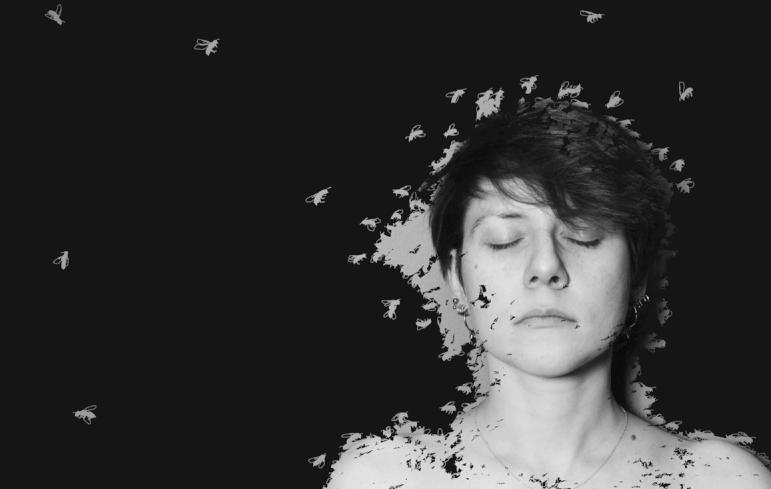
*Tell us about your background and why you were interested in this year’s AiOP?
I am an artist and general problem solver living and working in Brooklyn. As a New York City native, I’ve been interested in Art in Odd Places festival for years now, and was compelled to get involved with this year’s team because I’m committed to supporting women, female-identifying and non-binary artists however I can.
*What does the theme “BODY” mean to you?
My own work is often concerned with the articulation of embodied memories, histories, and identities. The theme of BODY, specifically in relation to women, female-identifying and non-binary individuals who are all considered other than default bodies, is overwhelmingly relevant to our current historical moment. As our bodies are so often expected to distort themselves in order to fit into these civic/social/corporate bodies, so we can use the ideas of BODY to explore, resist, and transform these constructions.
Ollya Andreeva, Program Guide Designer
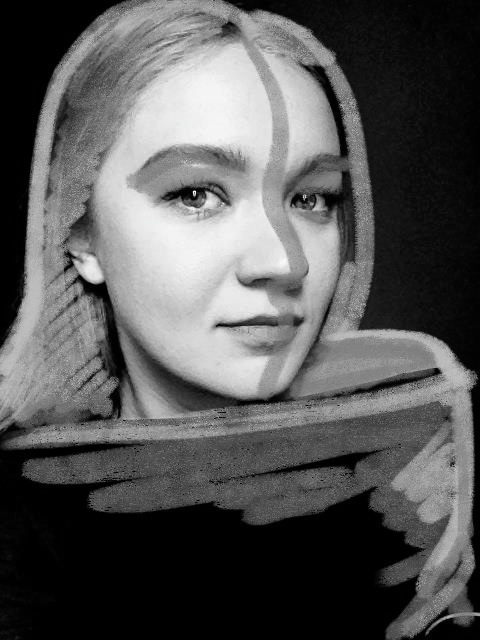
*Tell us about your background and why you were interested in this year’s AiOP?
I was born in Russia thirty years ago to a political caricaturist and illustrator father and a Russian language teacher mother. Ten years ago I had a chance to move to NYC and start my journey in the land of opportunities. I recently graduated from Sotheby’s institute, with an M.A in Contemporary Art and Art Business. However it was not enough for me and I wanted to find my own creative yet practical path in art world. I then decided to complete a portfolio studies at Shilligton School of Graphic Design. Today, I’m bringing together my knowledge of contemporary art, art business and graphic design into art direction, particularly within the art industry. I have been an enthusiastic visitor of previous AiOP iterations, and I have always wanted to become more involved and contribute to the hard work which makes amazing art possible. I can only imagine the complexity and enormous logistics which go on behind the scenes that make the completed project appear both effortless and completely natural.
*What does the theme “BODY” mean to you?
The theme “BODY” means “home”, “earth” and a starting point to me. The place where you can come back to and recharge, heal yourself and feel your inner true self. If your can find the same language with your body it will became fortress that will protect you from the world. To come back to your own body means to come home. It is a home where you can feel safe and where you can find the path of connection between the material world and one of ideals. “BODY” is like a space station in your own universe. But It’s easy to lose your station in the galaxy of endless decisions. You better keep your eye on your space station (body) if you want to finish your space trip throughout the universe.
Alison Pirie, Administrative Assistant
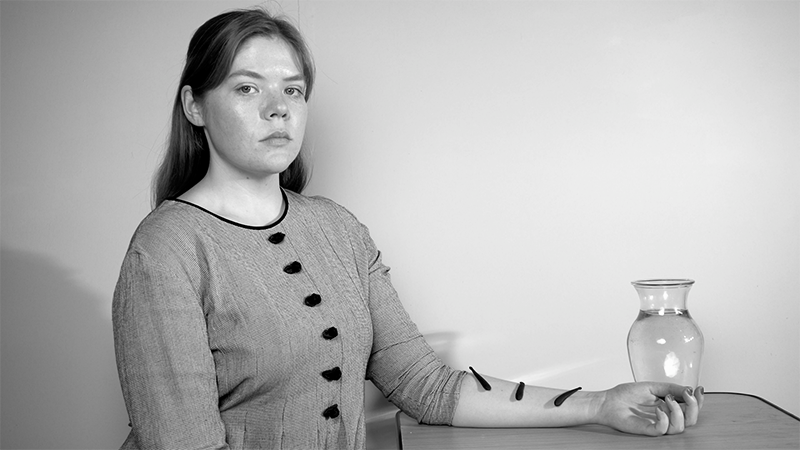
*Tell us about your background and why you were interested in this year’s AiOP?
I am a recent BFA Studio Art graduate from Los Angeles currently interning as a Curatorial Assistant at the Sackler Center for Feminist Art at the Brooklyn Museum. I was drawn to working on this year’s Art In Odd Places team because of the choice to curate only women, female-identifying and non-binary artists, and the theme of the body, which is central to my own artistic practice. Given our current sociopolitical climate and the pointed attacks on the body, I wanted to help create a platform for artists to share their ideas and experiences in a public context.
*What does the theme “BODY” mean to you?
In my work I explore the body as a site of historical and contemporary medical, social and political oppression. I am interested in how the body can be used as a tool of protest and a medium for subverting stereotypes and patriarchal structures. To me the theme BODY addresses our communal struggle for agency and the power of reclaiming one’s body through art and performance.
Emily Markert, Social Media Coordinator
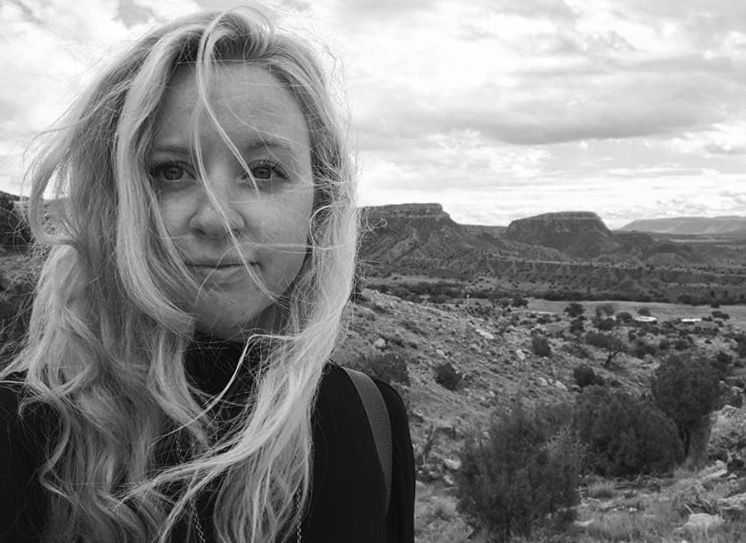
*Tell us about your background and why you were interested in this year’s AiOP?
I am an art world professional, currently working at Sotheby’s. I have had a lifelong interest in making and appreciating art, and in college supplemented my History & English degree with minors in Museum Studies and Fine Art. In my role at the auction house, I work closely with clients, as well as conventional institutions, such as museums and art fairs. But my personal interests lie in boundary-pushing contemporary art, and inclusive, self-aware, socially-conscious art initiatives. Thus I am constantly on the lookout for inspirational, less traditional projects, which is what initially led me to find Art in Odd Places, with its unique take on the concept of an exhibition and emphasis on art in public, democratic spaces. I believe this year’s theme will be particularly relevant for and accessible to a wide audience of art world novices and experts alike.
*What does the theme “BODY” mean to you?
When I hear it now, the word ‘body’ almost immediately conjures thoughts of the proliferation of the ‘self-care’ movement. Women can literally make a living promoting ‘body positivity’, ‘self love’, and doing what makes you feel good about yourself in sponsored social media posts. Meanwhile, news outlets are telling us about decisions governments are making on behalf of women and gender-non-conforming individuals to try to control and alienate those very same bodies. How can we learn to love our bodies within the confines of (men’s) definitions of what is right and wrong for them? AiOP 2018 presents an opportunity to uphold female and non-binary peoples’ bodies positively, free from attack, but also free from media marketing schemes, which feels almost impossible to find today.
Juana Urrea, Intern
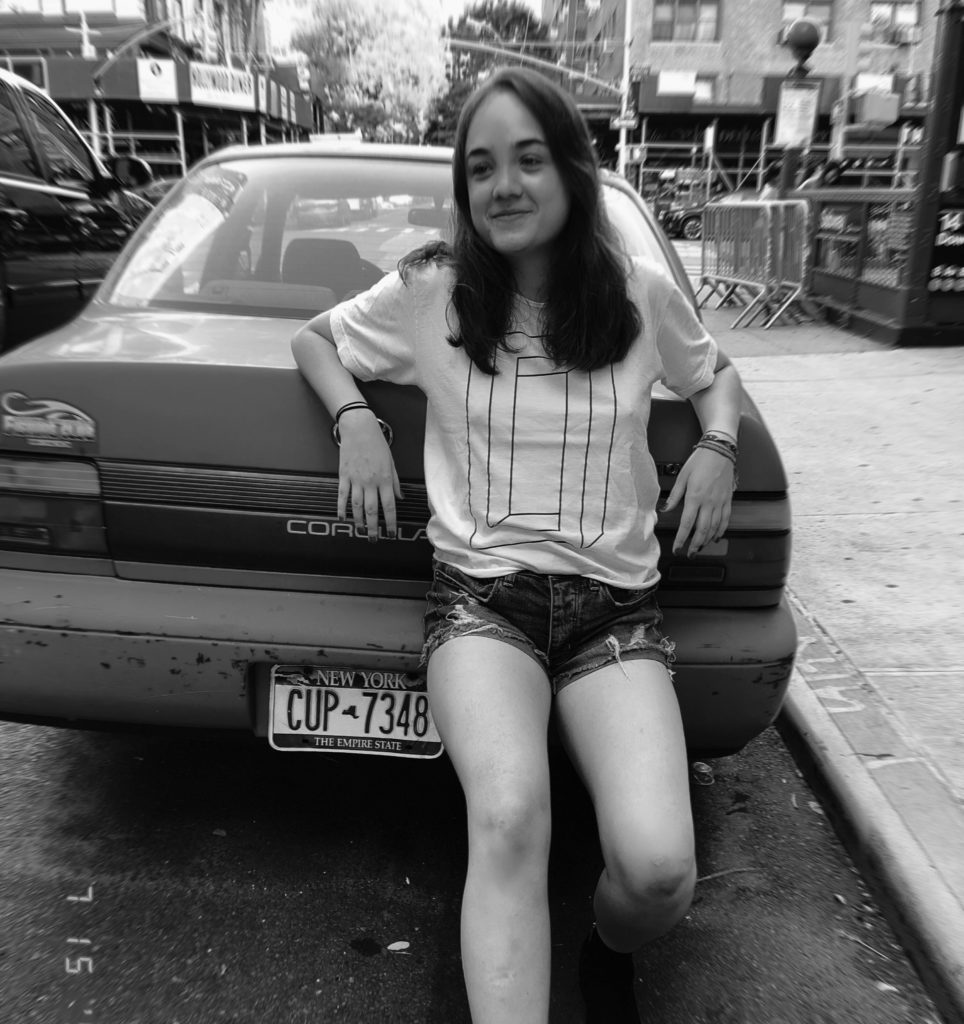
*Tell us about your background and why you were interested in this year’s AiOP?
I am a student at The New School majoring in Urban Studies and Illustration. I have always been passionate about the intersection between art and identity, especially as it relates to space in different contexts. Art in Odd Places seemed like a natural fit for me, a project through which I could learn while participating in the simultaneous creation and development of art, bodies, and public space.
*What does the theme “BODY” mean to you?
Bodies are spaces we inhabit, but also spaces through which we inhabit space. They are the medium for experience as well as an experience in and of themselves. To me, bodies are contested spaces of multiplicity, resistance, beauty.

